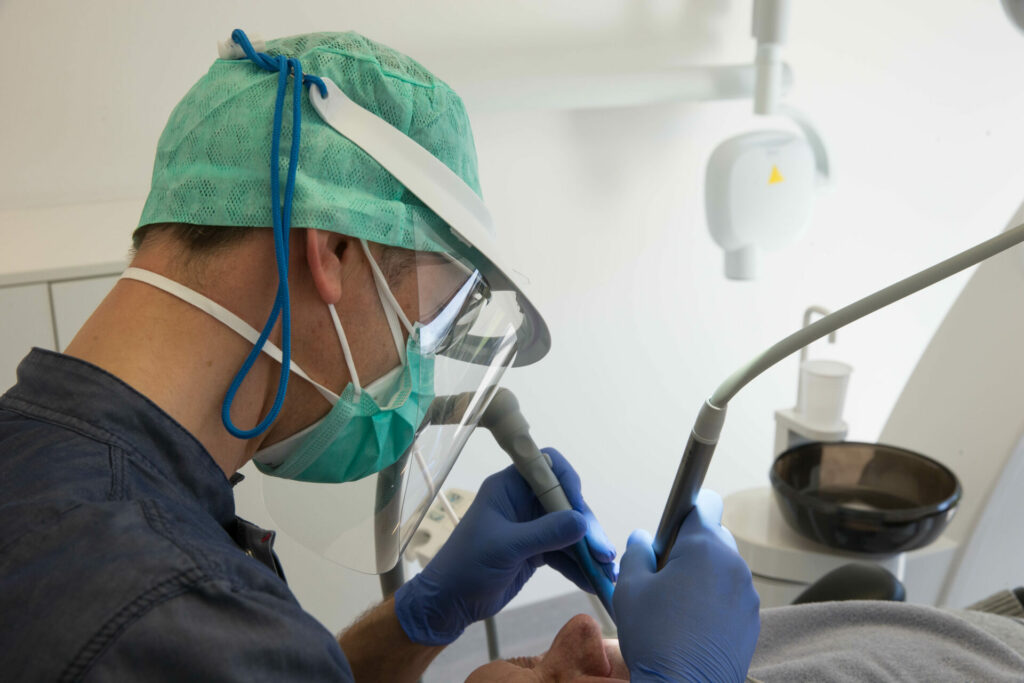In a surprising turn of events, the recent vote among dentists regarding the 2024-2025 medico-mutual agreement has fallen short of the required threshold for implementation.
Only 57% of dentists agreed with the terms, notably below the necessary 60% threshold for full enactment. This development has sparked concerns among mutual insurance companies regarding the potential impact on patient fees.
The negotiation process, a biennial tradition involving unions representing various health professions and mutual insurance companies, culminated in the ambitious agreement for 2024 and 2025. Described as forward-thinking, the agreement allocated an additional €142 million, aimed at enhancing the value of dental services and addressing concerns over the disparity between the cost of procedures and practitioners' earnings, with minimal impact on patients' expenses.
However, the failure to secure the required 60% agreement from dentists has raised unprecedented challenges. Approximately 43.03% of practitioners rejected the agreement, a phenomenon termed "deconventionalisation." This rejection not only complicates the implementation process but also creates uncertainty regarding patient fee structures.
The implications of this rejection are threefold. Dentists who support the agreement can enforce its terms, benefiting from certain social status privileges. Conversely, those who initially agreed can opt-out and charge rates higher than the agreed-upon tariffs. Finally, practitioners who outright rejected the agreement will impose higher tariffs without enjoying social status benefits.
Alarmism?
"This development is concerning," remarked François Perl, director at Solidaris, in an interview with Le Soir. "Patients no longer have price security, and while some practitioners may adhere to official fees, the increasing opt-out rate compared to 2022 poses significant challenges."
Despite the setback, former president of the dental society, Michel Devriese, urged against alarmism. In the Le Soir article, he highlighted regional disparities, particularly in Flanders, as contributing factors to the rejection rates, stressing the need for a unified approach.
Looking ahead, the Minister of Social Affairs is set to engage with the sector, with potential initiatives to address the situation. However, tensions loom, as any attempt to impose maximum rates risks escalating conflicts with dental professionals.
Expressing disappointment in an interview with Le Soir, Frédéric Bettens, head of the Commission overseeing professional issues, emphasised the positive acceptance rates in Wallonia and Brussels while acknowledging challenges stemming from fee discrepancies and regulatory impositions.
Amidst calls for dialogue, stakeholders urge a collaborative approach to navigate the impasse and uphold the integrity of the healthcare system. As consultations loom, the resolution of this deadlock remains pivotal for both practitioners and patients alike.

